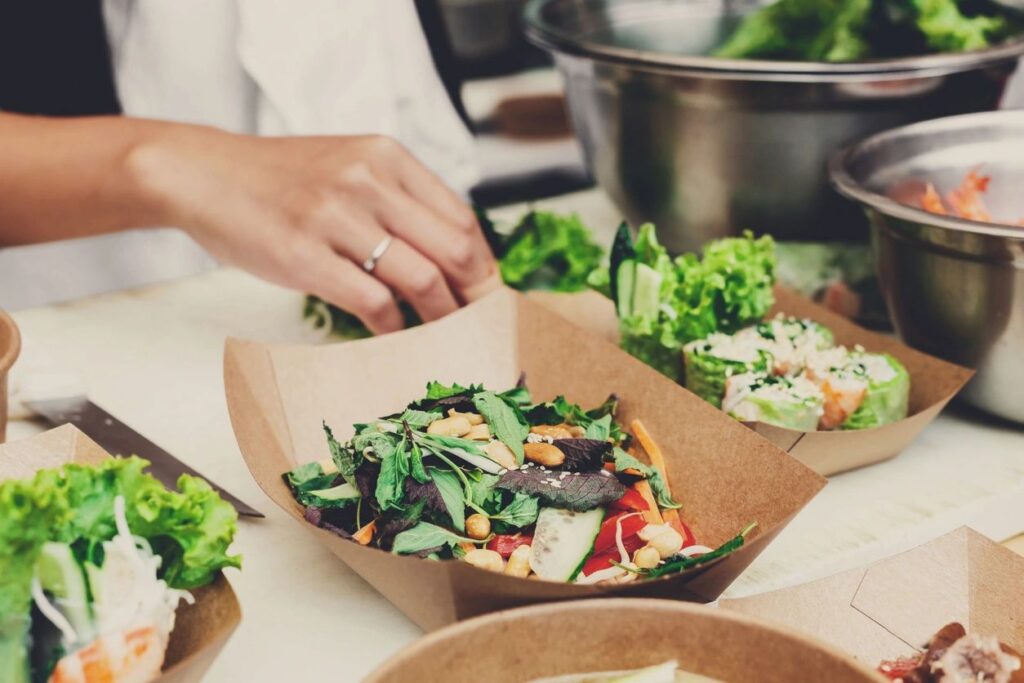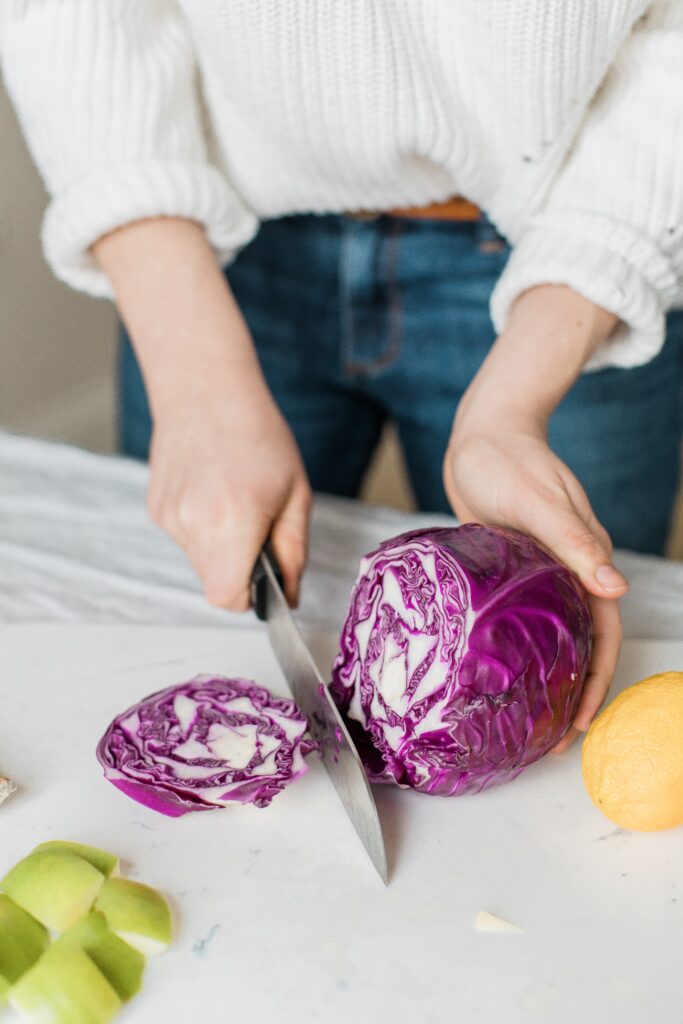After more than a year of restrictions due to the pandemic, the option to travel is back! If you’re like many, you may be ready to venture out and explore.
Before you go, take a moment to consider your nutrition strategy!
While you’re planning your trips, it’s understandable if nutrition is not at the top of your to-do list. But paying a little extra attention to your diet and hydration habits during travel can bring big benefits.
Why Nutrition Matters During Travel
Whether you go by air, land, or water, research shows that traveling can take a mental and physical toll on us. Even short-distanced trips can cause the following issues:
- sleep disturbances
- water losses
- reduced energy levels
- muscle cramps
- digestive problems like bloating, constipation, and nausea
These symptoms can feel like unwelcome guests while you’re trying to enjoy your vacation. The good news? A little planning and preparation prior to your journey can reduce or prevent those symptoms. That can pay off big, meaning you can stay on track with your health goals while you have a more enjoyable vacation experience!
Tips for Healthy Traveling
Here are some of my top tips to keep you feeling good and healthy during travel:
- Bring a refillable water bottle. Fluid losses are common during travel. This can be due to elevation changes, less consistent access to water, or a busy schedule. Sipping fluids to stay hydrated can help reduce symptoms of jetlag, improve digestion, and bring up your energy levels. The solution? Bring a water bottle with you and fill it often. You’ll most likely be able to refill at any safe drinking station or water fountain, or even at restaurants or cafes.
- Research local restaurant options. I love sampling local fare while on vacation, and I also appreciate the social and convenience factor of dining out. But many restaurant menus can be limiting. Often, meals can be nutritionally imbalanced, which may cause you to experience more bloating and fluid retention, sluggishness, or uncomfortable digestive issues. Or, perhaps you have an allergy or medical condition that limits your food choices. When considering where you’ll dine, it can be helpful to check menus from restaurants near your destination before you go. Look for ones that offer some balanced meal options or that can honor any modifications you might want to make so you can fully enjoy your experience!
- Fill up on produce. That balanced meal I mentioned above? Often the best way to set up a balanced plate is to include fruits or vegetables! Produce are rich in nutrients that help you feel satisfied after eating, and they can encourage more balanced blood sugar levels to keep you feeling more energized. They also contain a small amount of water which may help prevent fluid losses or belly bloat. Portion sizes are up to you and your needs, but if you need a place to start, I recommend at least a cup of produce per meal.
- Try to eat at least one homemade meal per day. Not only can this be more cost effective, but it can help you to stay in line with your goals. If you are lucky enough to stay somewhere with a kitchenette, you can get really creative with the ingredients you stock and use in your meals! No kitchen? No worries! Buying some non-perishable items like quick oats, nuts, or fruits can be a great way to throw together something nutritious. And even if you don’t want to make a full meal with those ingredients, they can be great to have on hand as snacks during your adventures.
- Take advantage of grocery delivery services. From a nutrition standpoint, this is easily the best thing I’ve learned to do while traveling long distances. The advantage of ordering groceries ahead of time and having them delivered to your destination is that they will be ready for you to stock and use immediately. After a long day of traveling, the last thing I want to do is meal plan and grocery shop, so this has been a game-changer for me. When it’s already done, you can start to relax and enjoy your vacation that much faster.
- Be consistent. If you can, try to stay on track with your mealtimes. Your body and mind may already need extra time to adjust after traveling, so it may add insult to injury if you mess with your body’s feeding schedule too much. Be prepared to eat around your normal mealtimes, and don’t skip meals. Also, if you can, try not to go too overboard with indulgent foods that you’re not used to. Doing so could lead to some uncomfortable symptoms that may damper your fun.
I hope these tips help you enjoy your next travel experience!



